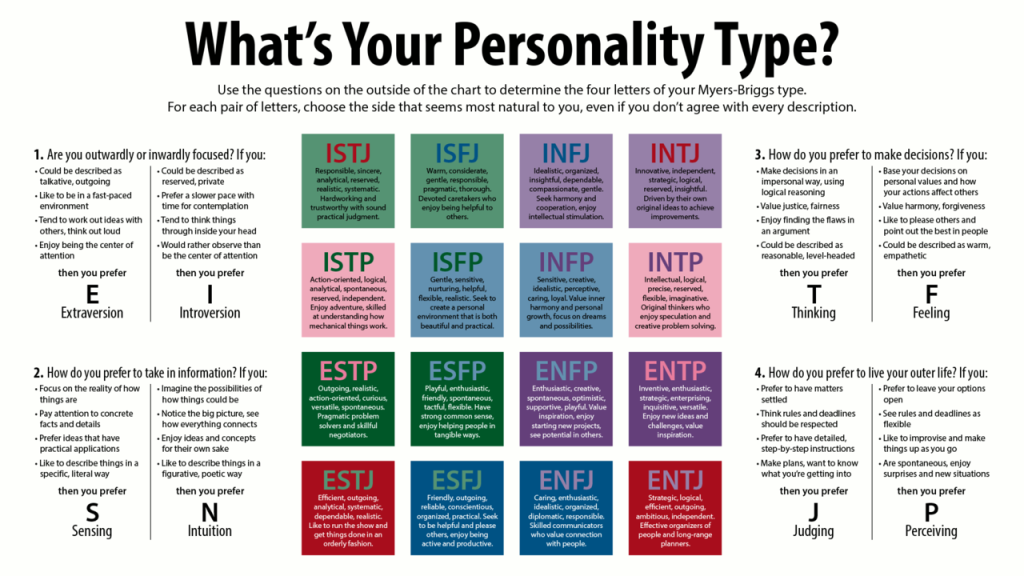People are loving intermittent fasting lately. It’s a big deal for losing weight and being healthy. But when did it all start? Let’s go back in time and see how this way of eating began and how it changed over time.
The Ancient Roots
Intermittent fasting isn’t novel. It’s been a part of our history for countless years. From Greek and Roman cultures to the ancient Egyptians and Indian cultures, it’s made appearances. Look at religious practices. You’ll find fasting in the Bible, Quran, and Bhagavad Gita.
Fasting in the past was tied more to faith or beliefs, not for health or shedding pounds. That said, even back then, folks noticed how skipping meals at certain times could help their bodies and minds.
The Modern Era
Intermittent fasting, though a practice rooted in antiquity, only gained scientific interest in the last century. Its examination kicked off in the 1910s, thanks to a Russian scientist, Ivan Pavlov. Through experiments on animals, Pavlov found out about fasting’s bodily impacts. He discovered fasting from time to time had the potential to boost health and longevity.
In the 1930s, Dr. Miklós Bánhidi, a Hungarian doctor, came up with “intermittent starvation.” He saw it as a treatment for several health issues. He noticed that planned fasting could assist people. It helped those struggling with obesity, diabetes, and hypertension.
Intermittent fasting only started to attract the eyes of medical pros around the 20th century’s middle. Around the 1940s, a British Doc named Dr. Albert T. W. Simeons crafted the “Simeons method”. This was a mix of eating less calories and infrequent fasting for dropping weight.
The Rise of Intermittent Fasting
Lately, people have shown a renewed interest in intermittent fasting. This is due in part to the work of many scientists, medical professionals, and health lovers. Among them is Dr. Valter Longo. He’s an Italian-American biologist who’s done a lot of studying. His focus? How fasting impacts health and how long we live.
Studies by Dr. Longo have proven that taking breaks from eating – intermittent fasting, has many good effects. These include losing weight, better reaction to insulin, less swelling in the body, and improved cell repair processes. These research results have grabbed the interest of scientists and ordinary folks alike. So, many now adopt intermittent fasting as a part of their lives.
People are championing intermittent fasting more and more. Why? A big part is due to the internet and social media. Everyday folks are posting about their journeys, their victories. Stars from TV and sports, even influencers, are pushing it too. They say intermittent fasting helps reach their fitness targets.





